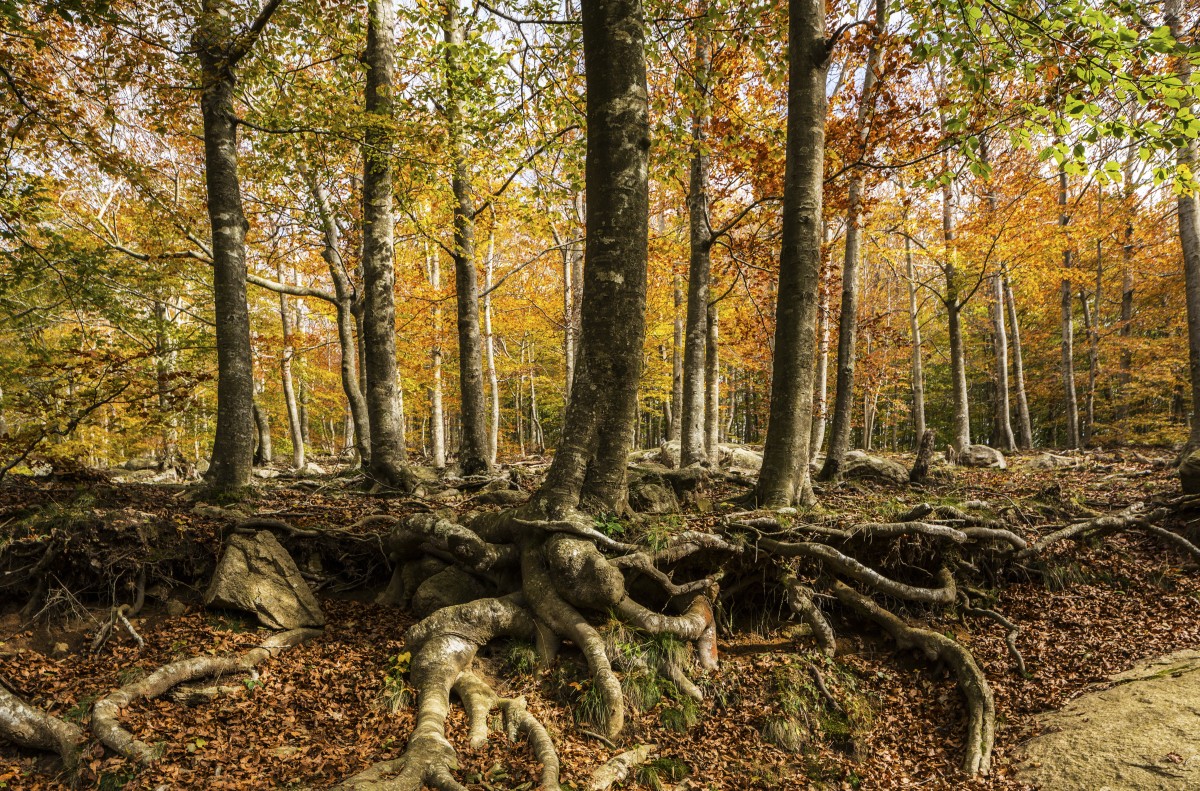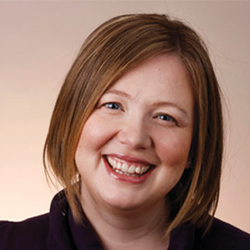My mom gave me a precious gift as a child — knowing exactly where we are from; a small fishing village near the Ugashik River in Bristol Bay, Alaska. Alutiiq people are matrilineal and our identities are passed through our mothers. So while I wasn’t born or raised in Alaska (and my dad is a proud Texan), I’ve always known that my people are from the beautiful waters of Alaska and that my roots are sunk deep into the berry-studded tundra. My mom gave me the gift of my roots.
where we are from; a small fishing village near the Ugashik River in Bristol Bay, Alaska. Alutiiq people are matrilineal and our identities are passed through our mothers. So while I wasn’t born or raised in Alaska (and my dad is a proud Texan), I’ve always known that my people are from the beautiful waters of Alaska and that my roots are sunk deep into the berry-studded tundra. My mom gave me the gift of my roots.
What does it mean for philanthropy to be rooted? I think rooted, like grounded, means that we operate with purpose from a core set of values, with deep connection to place.
At its most basic, it means that we do no harm. I appreciated a recent essay in Philanthropy Daily that suggested that philanthropy should adopt the Hippocratic Oath and proceed more often with caution and humility. Where others charge forth, we should question our own “expertise” and defer to community.
It also means that we know and honor the history of the places where we live, work and fund.
The uncomfortable truth about philanthropy is that it is a result of American corporate activity that exploited people, land and resources. As author Edgar Villanueva recently pointed out in his book Decolonizing Wealth, a colonial mindset is still lurking inside many philanthropic institutions today.
As grantmakers, we need to take the time to understand the policies and structures that have led to the present state of society and continue to contribute to inequality today. For example, there is a long, troubling history in the Pacific Northwest of exclusion that continues to impact our work, such as the exclusion of African Americans from the state of Oregon, the incarceration of Japanese Americans in places such as Minidoka, Idaho and a riot that sought to push Chinese residents out of Seattle. As suggested by Dorian O. Burton & Brian C.B. Barnes in the Stanford Social Innovation Review, philanthropy, and therefore true rootedness, looks less like charity and more like justice.
Change will require acknowledgment and healing. The board of Philanthropy Northwest recently had the honor of meeting with Dr. Gail Christopher, the social change agent and former senior advisor and vice president of the W. K. Kellogg Foundation (WKKF). She is the visionary for and architect of the WKKF led Truth Racial Healing and Transformation effort for America. Dr. Christopher reminded us that the root of philanthropy is, of course, the love of humanity. Her work helps us unearth and jettison deeply held beliefs created by racism — at its most basic, it’s the fallacy of a “hierarchy of human value” that is truly the opposite of philanthropy.
I’m excited to continue this journey at PNW19 in Seattle, share with our network and collectively live into what it means for philanthropy to be rooted. Rooted is the foundation for this year’s theme – Rooted, Grounded, Growing – and I’m looking forward to the rich discussions, innovative ideas and peer learning as we dive deep into how we can support more vibrant and equitable communities.
Having knowledge of my own roots was so important to me that after an effervescent childhood in the Seattle suburbs and young adulthood skiing the slopes of Colorado, my husband and I moved to Alaska for the first time in 2008 and I started my career in philanthropy. In 2017, I was honored to become the executive director of the Bristol Bay Native Corporation Education Foundation, where we serve the students and communities of my family’s region. Eventually, my roots brought me home.
I’m finishing this essay from my dad’s house in Issaquah, where I was raised. It has the most spectacular views of south Seattle, framed by 100-foot cedars. This place too is in my roots. True rootedness is the opposite of ivory tower philanthropy. Fundamentally, we acknowledge the depth and wisdom of the community we serve and we listen. It’s giving with dirt on its hands, sun on its back and fish in the bin.
 Aleesha Towns-Bain is a PNW19 conference co-chair and executive director of the Bristol Bay Native Corporation Education Foundation.
Aleesha Towns-Bain is a PNW19 conference co-chair and executive director of the Bristol Bay Native Corporation Education Foundation.